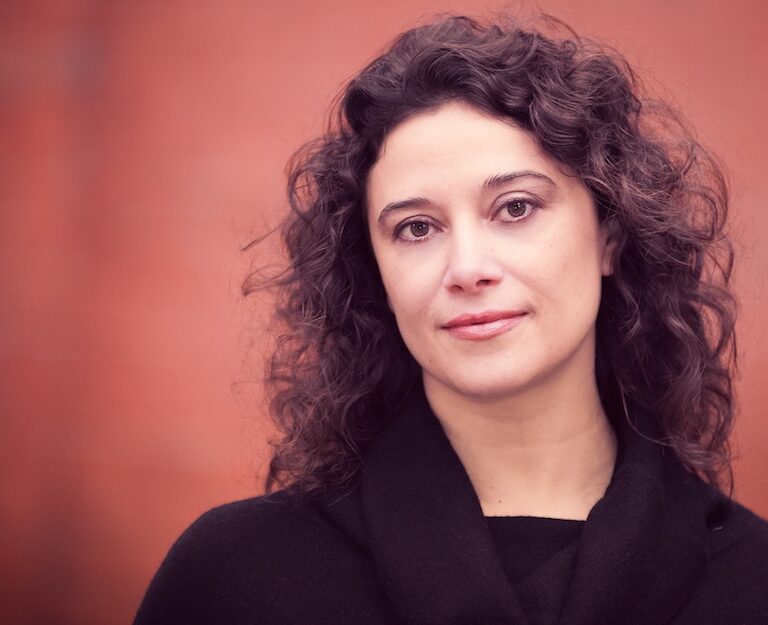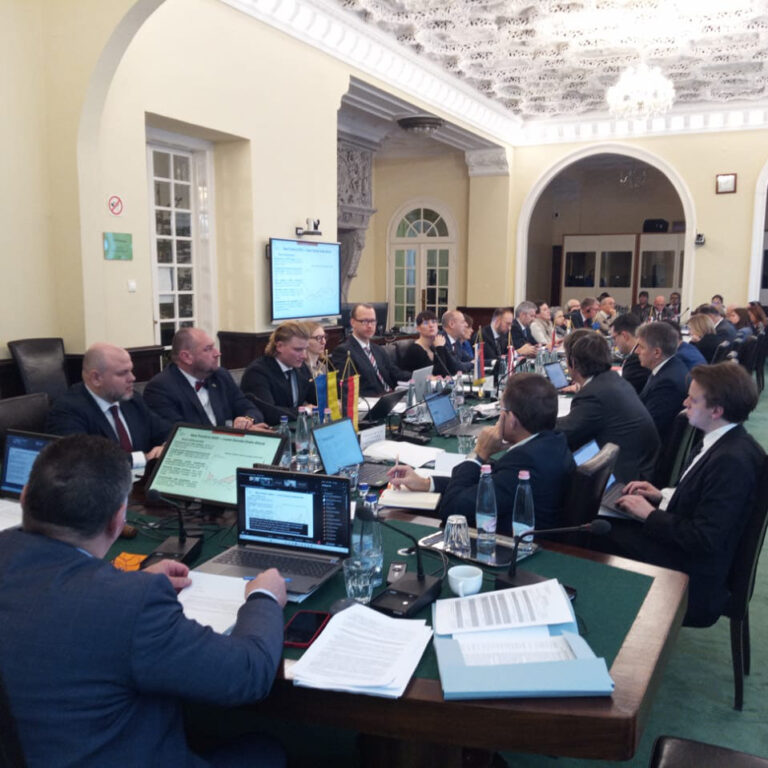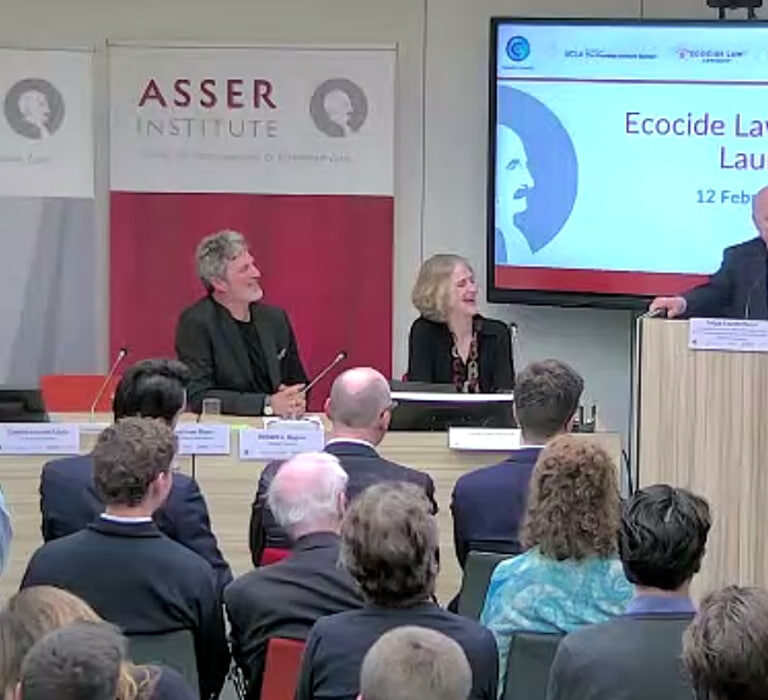As we have repeatedly reported, within the framework of constant interaction with UN structures, our Association systematically informs authorized bodies and officials of the United Nations about the situation in the territories occupied by Russia, including the Crimea, and these reports influence the formation of the Organization’s documents.
Among other things, after the July session of the UN Human Rights Council, the reports of the Office of the High Commissioner for Human Rights “Conscientious objection to military service” A/HRC/56/30, “Impact of arms transfers on human rights” A/HRC/56/42, as well as the Report of the UN Special Rapporteur on extrajudicial, summary or arbitrary executions, Morris Tidball-Binz “Protection of the dead” A/HRC/56/56 were published.
Our Association informed the Office and the Special Rapporteur in advance on these issues in the context of human rights violations in the Ukraine’s territory, occupied by Russia; earlier we reported on the publication by the UN of these materials of ARC, prepared by Professor Borys Babin and other experts.
Despite the extremely wide range of reports received in Geneva on these extremely painful issues for the human rights agenda, including provocative aggressor’s “information”, and some of other structures’ manipulative statements, both the UN Office and the Special Rapporteur mentioned in these documents on the materials, provided by the Association.
For example, in report A/HRC/56/30, the OHCHR noted that Russia punishes the population under its control for discussing or supporting conscientious objection to military service, as well as for speaking out against the military actions of the Russian Federation in Ukraine; it was precisely these aggressor’s repressions that were described in our submission.
In report A/HRC/56/42, the OHCHR mentioned the virtually uncontrolled supply of weapons by Russia to third countries, and also examined the “criteria for assessing risks related to international human rights law and international humanitarian law, as well as the factual basis for these assessments” in this area; we recall that, among other things, our submission discussed the deployment of weapons from Iran and North Korea by Russia in the occupied territories of Ukraine.
In document A/HRC/56/56, the UN Special Rapporteur noted, that mutilation of dead bodies during armed conflicts is classified as a war crime in accordance with the Rome Statute and is considered an outrage on human dignity, as we previously indicated in our submission on examples at the Russia-occupied territories of Ukraine.
In paragraph 68 of that Report, the UN expert stressed that during armed conflicts, when forensic systems may be overwhelmed, States, parties to the conflict and other key actors should take steps to develop protocols and necessary measures to ensure the timely, effective and respectful treatment of the dead, which should include the active participation of trained forensic experts.








